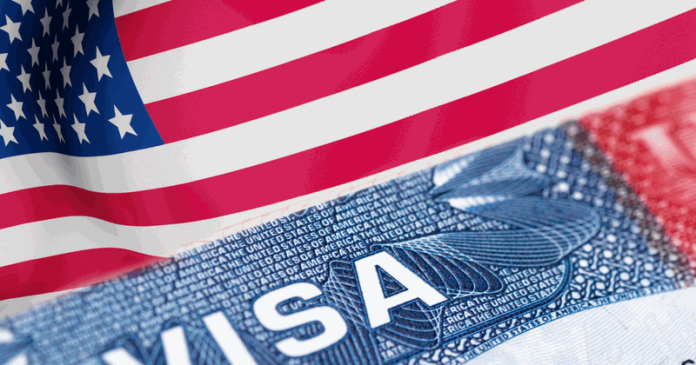A growing number of U.S. tech workers are urging the government to terminate the Optional Practical Training (OPT) program, a system that allows international students to work in the U.S. temporarily after graduation.
Critics argue that the program, often seen as a pathway to H-1B work visas, is disadvantaging American graduates by reducing their job opportunities.
The debate has intensified as the inauguration of President-elect Donald Trump draws closer, reigniting discussions about immigration policies and their impact on the U.S. labor market. The OPT program, which permits foreign students—primarily from countries like India—to work in the U.S. for up to a year after graduation (or up to 36 months for STEM graduates), has become a focal point in these discussions.
Opposition from U.S. Tech Workers
Advocacy groups like U.S. Tech Workers have been vocal in their opposition to the OPT program. They argue that it operates as a “guest worker program masquerading as an internship” and unfairly benefits foreign students. On social media, the group accused universities of “selling work permits instead of providing education” and likened the program’s creation to that of the Deferred Action for Childhood Arrivals (DACA), calling both “illegal.” They maintain that ending the OPT program is crucial to safeguarding job opportunities for American college graduates.
Support for the OPT Program
Despite criticism, the OPT program has its defenders, including figures like Donald Trump, Elon Musk, and Vivek Ramaswamy. Supporters argue that the program addresses a critical shortage of engineers and other skilled workers in the U.S. They believe it plays a key role in sustaining the country’s high-tech sectors and filling roles that American graduates cannot meet in sufficient numbers.
The Role of the OPT Program
For international students on F-1 visas, the OPT program is a crucial opportunity to gain work experience and potentially transition to long-term employment through an H-1B visa. Currently, nearly 97,556 Indian students are enrolled in the program, marking a significant increase compared to previous years. The STEM extension, introduced during the Obama administration, allows students in science, technology, engineering, and mathematics fields to work for up to 36 months, further strengthening its appeal.
Legal and Political Challenges
The OPT program has faced numerous legal challenges. In 2023, the Washington Alliance of Technology Workers (WashTech) filed a lawsuit claiming that the program negatively impacts American job seekers, particularly in STEM fields. While the U.S. Supreme Court declined to hear the case, critics continue to argue that the program gives foreign students an unfair advantage, especially since it exempts employers from paying payroll taxes for OPT participants.
The program’s expansion during the Obama administration, particularly the extension for STEM graduates, has been described by opponents as a loophole. However, supporters argue that this flexibility is necessary to address talent shortages and maintain competitiveness in the global tech industry.
A Divisive Policy
The OPT program remains a contentious issue at the intersection of immigration and labor policy. While it provides vital opportunities for international students and helps meet workforce demands in critical sectors, critics insist that it undermines job prospects for American workers. As the U.S. continues to navigate these challenges, the future of the OPT program hangs in the balance, with both sides of the debate remaining deeply divided.
